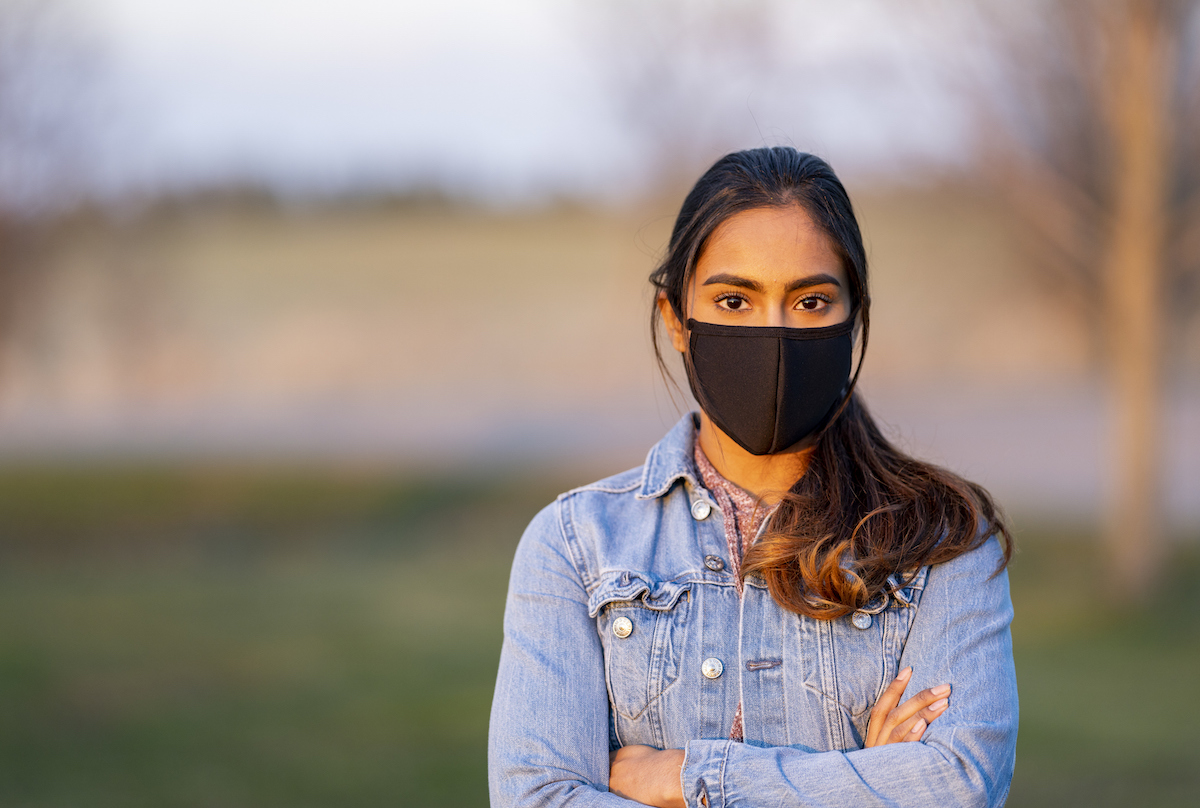The number of calls coming into Hartford HealthCare’s Behavioral Health Network help hotlines are increasing fast as the second wave of COVID-19 hits.
This trend underscores that the mental health impact of the coronavirus pandemic can be just as significant as the physical aspect. People should not wait to seek help by calling the Hartford HealthCare Community Care Center hotline at 1.833.621.0600.
“This is an unprecedented moment,” said Dr. John Santopietro, physician-in-chief of the BHN. “There is chronic, unremitting stress for everyone.”
Calls for help to the BHN mirror a sharp hike in COVID-19 infections in the last few weeks, with calls rising from single digits and teens to more than 40 a day. Callers are seeking guidance or mental health services as the toll of the pandemic grows heavier.
In total, the staff manning the BHN line has fielded more than 2,250 calls since the service started on May 20. This is in addition to calls for behavioral health services made to the system’s Community Care Center and the COVID Recovery Center.
While the loneliness sparked by isolation, fear of getting COVID-19 and even depression over current events or pandemic-related life changes such as unemployment or the loss of a loved one all factor into the community’s mental health status, evidence indicates that those who have survived a bout with the virus are grappling with prolonged emotional scars as well.
Being in tune with your own mental health as well as that of those around you can prove key to addressing any potential problems before they become advanced.
“Monitoring, managing and supporting the social aspects of your life is an important way to maintain sound mental health,” said Dr. James O’Dea, vice president of the BHN. “During this time, it is even more important to utilize the supports you have in place or develop new ones.”
Earlier in the pandemic, experts called mental health concerns an “underlying issue,” second to virus infections. But as time goes on and indicators like the BHN hotline statistics point to increased prevalence, it is becoming a primary focus. What is also frightening, Dr. Santopietro noted, is that only those who reach out with a problem are now being counted. Too many others continue to suffer in silence or self-medicate with alcohol and drugs.
Census Bureau statistics support BHN hotline intelligence, with 24 percent of respondents reporting significant symptoms with major depressive disorder and 30 percent reported symptoms of generalized anxiety disorder. Those numbers are double those reported in 2014. Connecticut residents land above the average in this area, with 36 percent reportedly feeling anxious or depressed.
The data further pinpoints the group most likely to be affected by mental health concerns as a result of the COVID-19 pandemic are between the ages of 18 and 29. In that demographic, 42 percent reported anxiety and 36 percent depression. Income levels are also a factor. A third of people earning less than $25,000 a year reportedly worry nearly every day.



